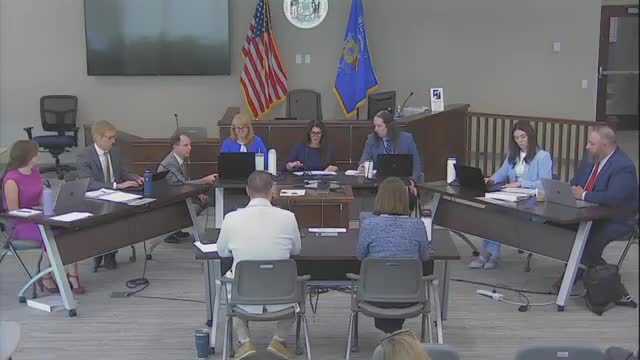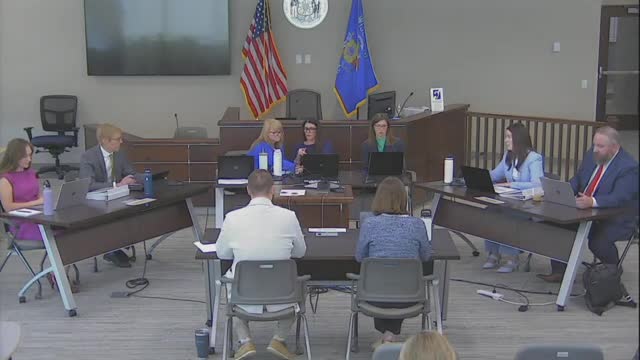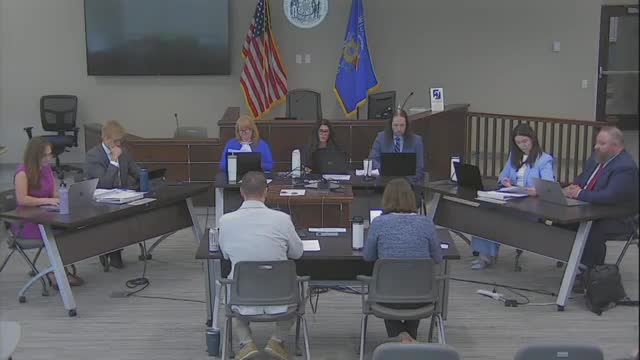Article not found
This article is no longer available. But don't worry—we've gathered other articles that discuss the same topic.

Public Service Commission grants Oak Creek CPCN for about 1,100 MW gas-fired plant; opens cost-overrun investigation

PSC awards Wisconsin Lifeline grants to spread discounts for low-income households; approves alternative that funds more projects

